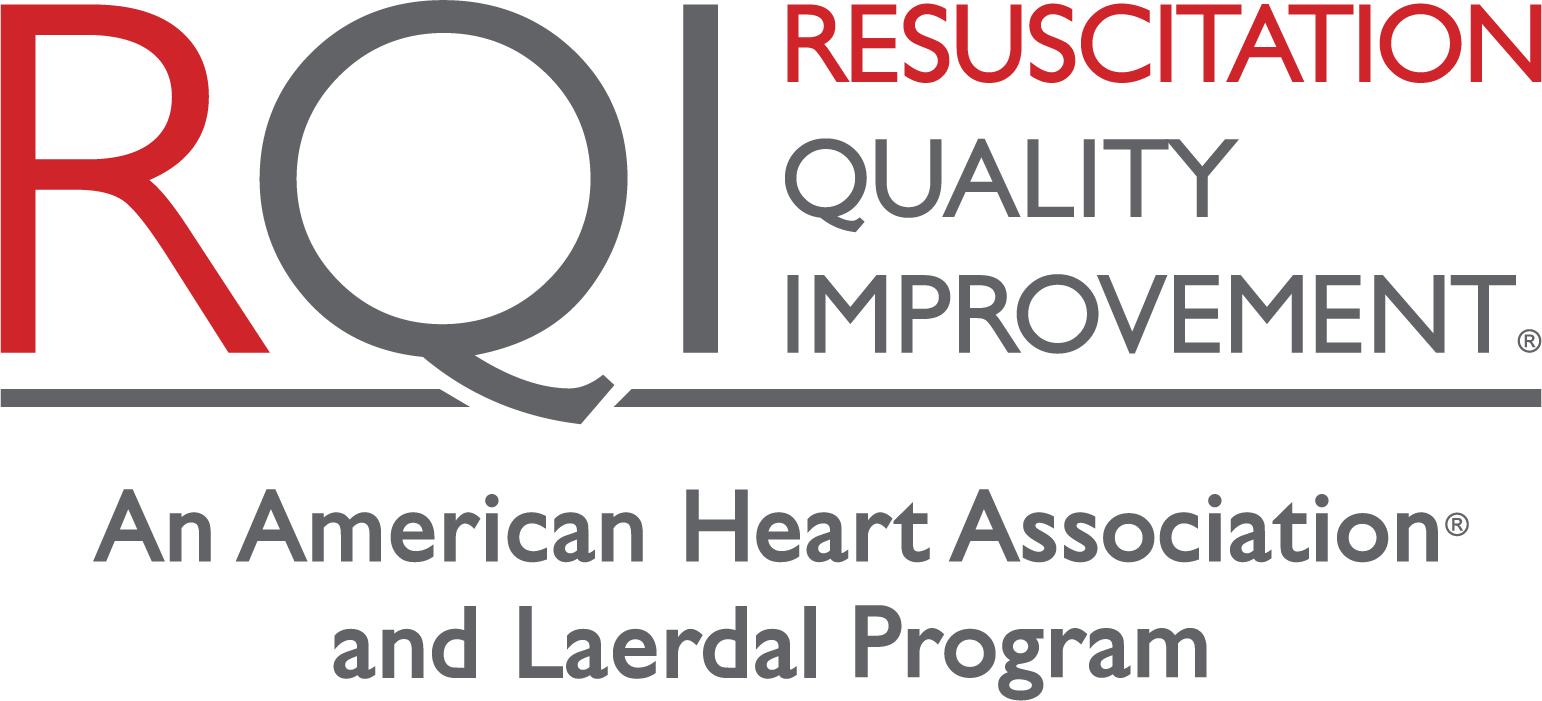Each year in the U.S., more than 600,000 people experience cardiac arrest, with approximately 290,000 occurring in the hospital. Although CPR renewal occurs every 2 years, the quality of CPR ...
Out-of-hospital cardiac arrest (OHCA) survival remains low at approximately 10% in the United States. High-quality CPR is one of the most important factors in improving survival. The RQI HeartCode Complete ...
Globally, there is an increasing need to improve survival after cardiac arrest, with the survival rate of OHCA in China being less than 1% compared to 12% in the USA ...
While effective chest compressions are the foundation of resuscitation efforts and significantly positively influence outcomes, the quality of compressions provided by healthcare providers is poor. International consensus is to provide ...
Each year in the United States, approximately 292,000 adult patients suffer an in-hospital cardiac arrest (IHCA) with significant variation in their survival rate. This study identifies four themes related to ...
Study demonstrates that repeated simulation training improves call processing skills and reduces time to T-CPR in simulated call scenarios, and may improve the recognition of the need for T-CPR in ...
Study demonstrates that skills stations providing feedback are a feasible tool for required frequent retraining and retraining when compared to instructor-led formats. CPR skills performance for hospital nurses using a ...
Study demonstrates that real-time feedback devices with auditory and visual components help physicians and nurses in improving the quality of chest compressions.
Study demonstrates that a structured training program with deliberate practice (frequent and structured practice to improve performance) using real-time feedback improves the acquisition of CPR skills and the retention of ...
Achieving optimal outcomes, including survival, from out-of-hospital cardiac arrest (OHCA) is dependent on the timeliness of pre-hospital interventions and the quality of how these interventions are implemented. The implementation of ...
